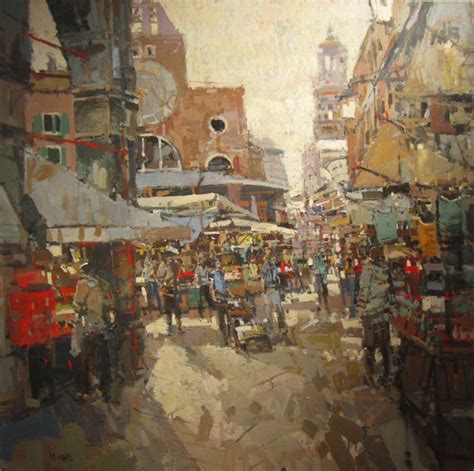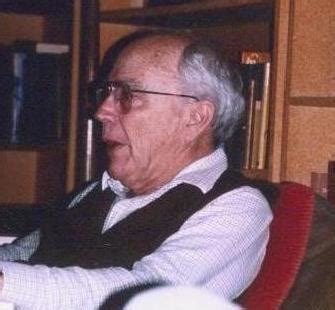A Quote by Ralph Waldo Emerson
Men are not philosophers, but are rather very foolish children, who, by reason of their partiality, see everything in the most absurd manner, and are the victims at all times of the nearest object. There is even no philosopher who is a philosopher at all times. Our experience, our perception is conditioned by the need to acquire in parts and in succession, that is, with every truth a certain falsehood.
Related Quotes
If our age in its pride laughs at and rejects Our Lady's Rosary, a countless legion of the most saintly men of every age and of every condition have not only held it most dear and have most piously recited it but have also used it at all times as a most powerful weapon to overcome the devil, to preserve the purity of their lives, to acquire virtue more zealously, in a word, to promote peace among men.
To those who live by the land there must always come times of hardship, of fear and of hunger, even as there are years of plenty. This is one of the truths of our existence as those who live by the land know: that sometimes we eat and sometimes we starve. We live by our labours fromone harvest to the next, there is no certain telling whether we shall be able to feed ourselves and our children, and if bad times are prolonged we know we must see the weak surrender their lives and this fact, too, is within our experience. In our lives there is no margin for misfortune.
I have always taken as the standard of the mode of teaching and writing, not the abstract, particular, professional philosopher, but universal man, that I have regarded man as the criterion of truth, and not this or that founder of a system, and have from the first placed the highest excellence of the philosopher in this, that he abstains, both as a man and as an author, from the ostentation of philosophy, i. e., that he is a philosopher only in reality, not formally, that he is a quiet philosopher, not a loud and still less a brawling one.
Banning human cloning reflects our humanity. It is the right thing to do. Creating a child through this new method calls into question our most fundamental beliefs. It has the potential to threaten the sacred family bonds at the very core of our ideals and our society. At its worst, it could lead to misguided and malevolent attempts to select certain traits, even to create certain kind of children -- to make our children objects rather than cherished individuals.
At times we are thrown suddenly into positions that seem too big for us and for which we have little preparation. The Lord stimulates our growth this way.... The Lord blesses us far beyond our natural ability and experience. However, it has been my experience that he expects us to quickly exert ourselves and acquire the things we need. He gives us a little time to improve our management skills and detailed knowledge so that we don't have to rely upon him for everything. We'll always need inspiration in these areas we couldn't possibly understand without his help.
Every man feels that perception gives him an invincible belief of the existence of that which he perceives; and that this belief is not the effect of reasoning, but the immediate consequence of perception. When philosophers have wearied themselves and their readers with their speculations upon this subject, they can neither strengthen this belief, nor weaken it; nor can they shew how it is produced. It puts the philosopher and the peasant upon a level; and neither of them can give any other reason for believing his senses, than that he finds it impossible for him to do otherwise.
There is no doubt that truth is to falsehood as light is to darkness; and so excellent a thing is truth that even when it touches humble and lowly matters, it still incomparably exceeds the uncertainty and falsehood in which great and elevated discourses are clothed; because even if falsehood be the fifth element of our minds, notwithstanding this, truth is the supreme nourishment of the higher intellects.








































